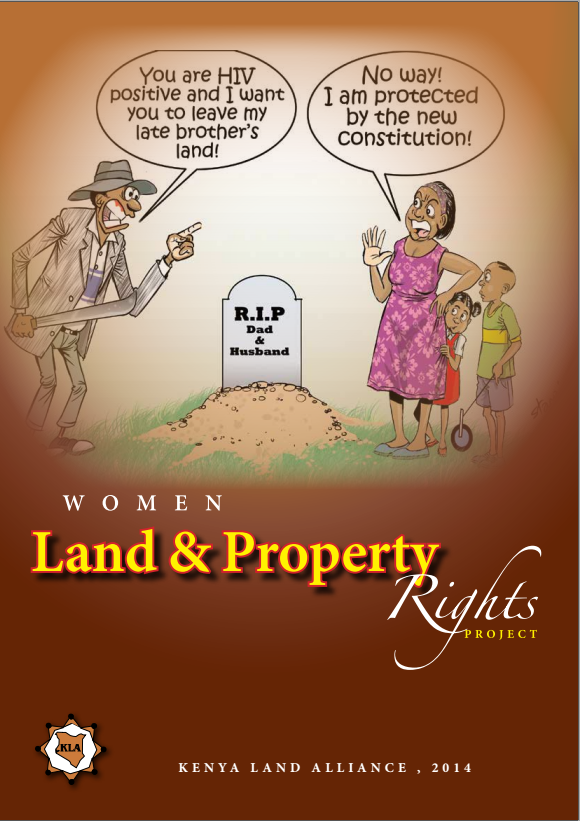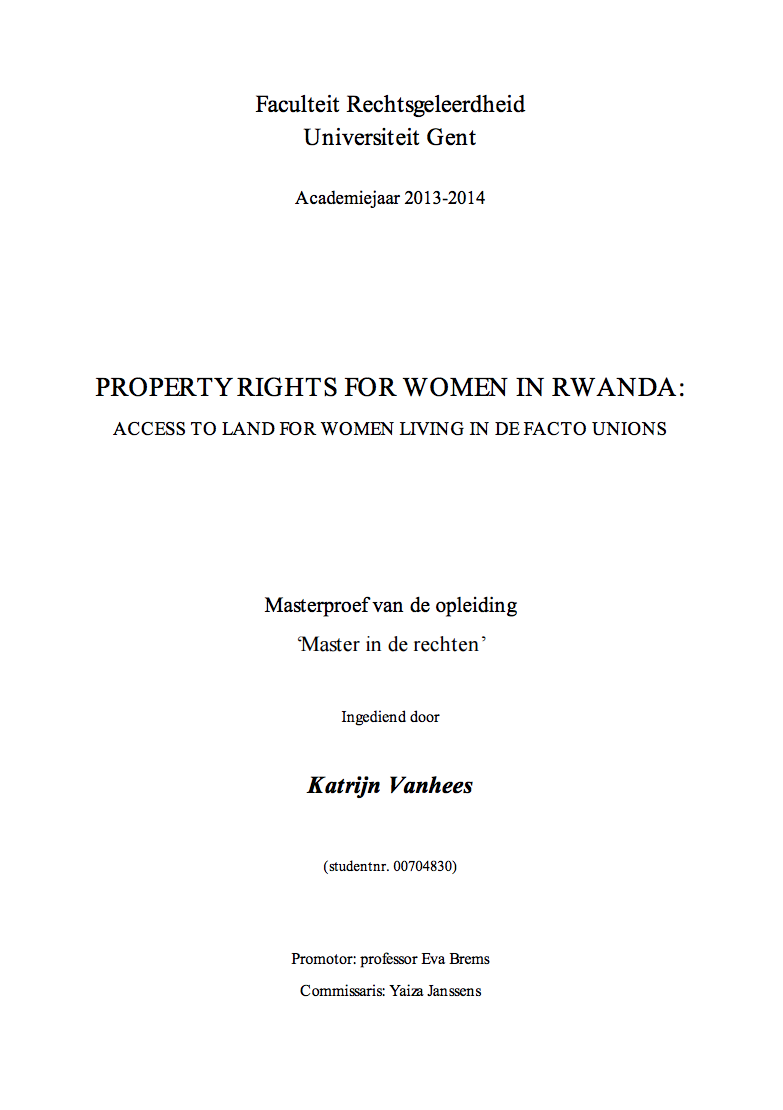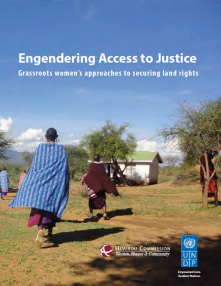Cusiseras en Yaguarú: Palmera con trabajo de mujeres
Las mujeres de Yaguarú logran que la Central de Organizaciones de los Pueblos Indígenas Guarayos (COGNAG), les conceda 84 ha, para la producción de cusi. Significativo logro, por su participación activa en las marchas y movilizaciones, y por la negociación con las autoridades locales de Guarayos, muestra capacidad y autonomía para gestionar su territorio.











